
Projects (3)

- Completed
Community Formation in Digital Games
Post-Doc Project Much research in game studies has focused on game communities and their effects on people and society. But with this project I argue that we need a better theoretical grounding for how game communities form, and how they are then negotiated and maintained. What are the forces, influences and affordances that shape this (…)
- Duration: 2023 – 2026
- Project lead: Dr. Dom Ford

- Active
molo.news: Research Network Tests Bremen News App
- Duration: 2023 – 2026
- Project lead: Prof. Dr. Andreas Hepp, Prof. Dr. Wiebke Loosen , Prof. Dr. Christian Pentzold

- Active
"You Are Your History": Family Memory and Identity on Genealogy Platforms
- Duration: 2023 – 2027
- Project lead: Dr. Rieke Böhling
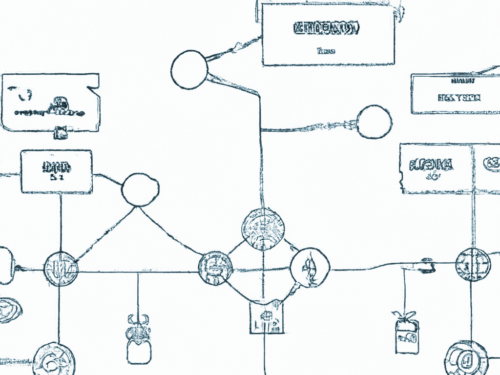
- Active
Equality, Platform Governance and Wellbeing
Head: Prof. Dr. Chrisitan Katzenbach, Dr. Paloma Viejo Otero Lab: Platform Governance, Media and Technology Funding: YUFE Postdoctoral Program The project “Equality, Wellbeing and Platform Governance” investigates whether the rules and moderation policies of social platforms in relation to hate speech play a significant role in the discrimination and resulting wellbeing of minorities in Europe. (…)
- Duration: 2022 – 2025
- Project lead: Prof. Dr. Christian Katzenbach, Dr. Paloma Viejo Otero
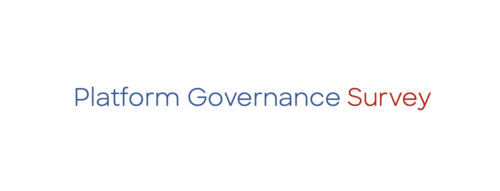
- Completed
Platform Governance Survey: A Global Study of Public Attitudes Towards Content Moderation
Head: Dr. Dennis Redeker Funding: Swiss Federal Office at Communications (OFCOM) Social media platforms such as Facebook, X and TikTok are the “new governors” (Klonick) or “custodians” (Gillespie) of the Internet. The way in which they moderate global online communication has an impact on the communication practices of billions of people and can determine the (…)
- Duration: 2022 – 2024
- Project lead: Dr. Dennis Redecker
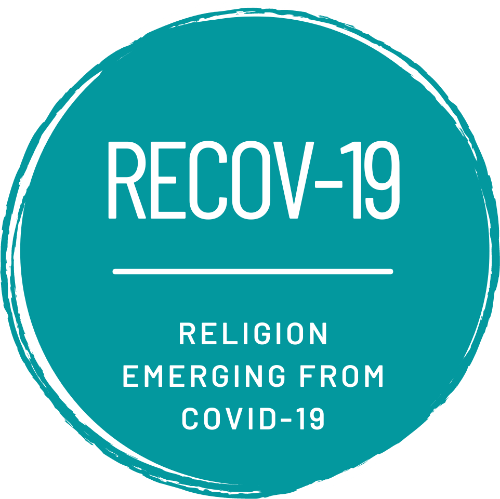
- Active
ReCov19 - The Changing Role of Religion in Societies Emerging from Covid-19
German Team: Prof. Dr. Kerstin Radde-Antweiler, Dr. Hannah Grünenthal International Team: Dr. Gladys Ganiel (Queen’s University Belfast), Prof. Dr. Solange Lefebvre (University of Montréal), Prof. Dr. Slawomir Mandes (University of Warsaw), Dr. Caoimhe Ni Dhonaill (Queens University Belfast, Mathieu Colin (Montréal), Denitsa Tsvetkova (University of Montréal), Dr. Marta Kolodziejska (University of Warsaw), Dr. Katarzyna Sienicka (…)
- Duration: 2022 – 2026
- Project lead: Prof. Dr. Kerstin Radde-Antweiler
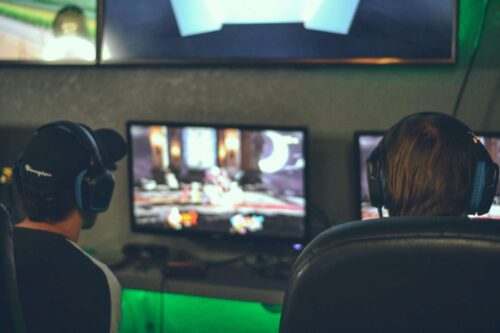
- Completed
Research field esports – Negotiating the notion of the nation and discussing value formations
Postdoc project Video game cultures are central parts of contemporary societies. In addition to economic interests, due to the economic significance of the video game industry, this also involves socio-cultural and political discourses. Video games and video game cultures can be understood as expressions of globalized media cultures. However, they also have to be perceived (…)
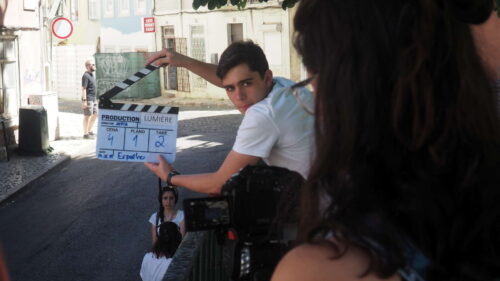
- Completed
Exploring Cinéma, cent ans de jeunesse
The research and evaluation of long-term film-aesthetic educational processes Team: Dr. Bettina Henzler Funding: EU (Erasmus+) From 2022 to 2024, the University of Bremen has been a partner in the international film education project Le cinéma, cent ans de jeunesse, funded by the European Union within the framework of Erasmus+. The focus is on a (…)
- Duration: 2022 – 2024
- Project lead: Dr. Bettina Henzler

